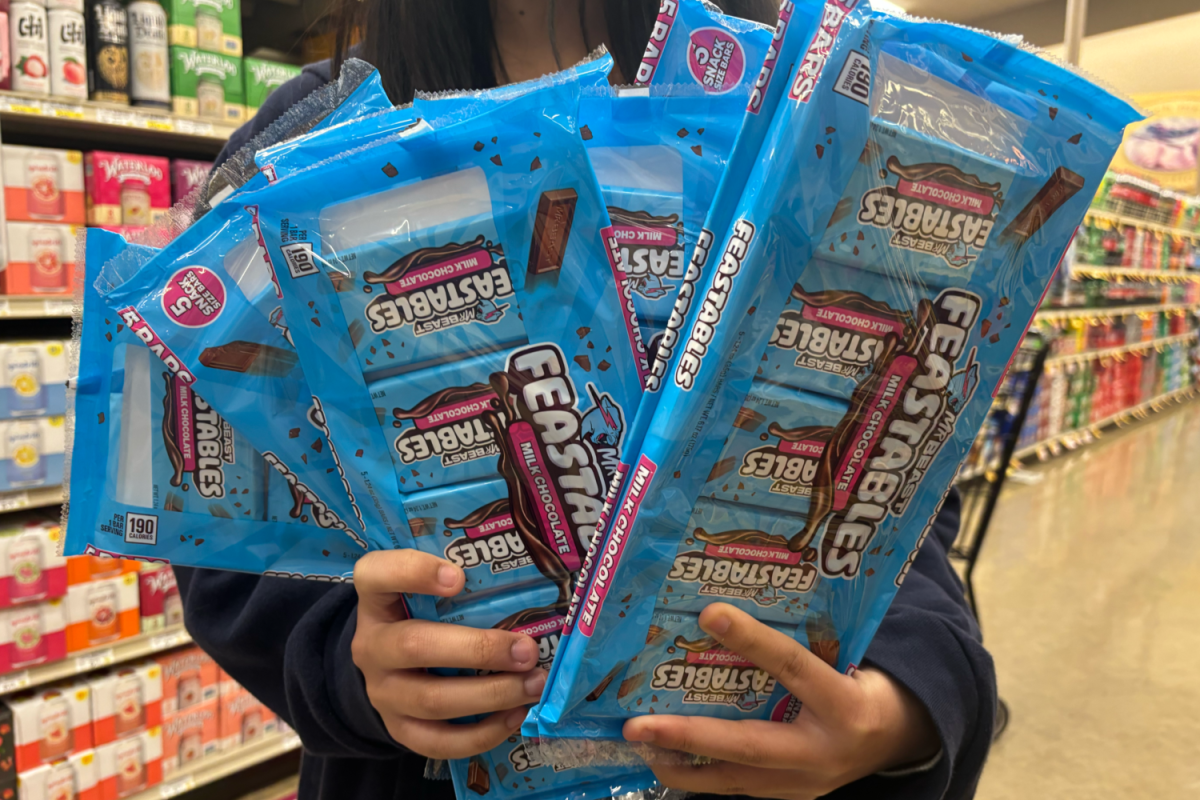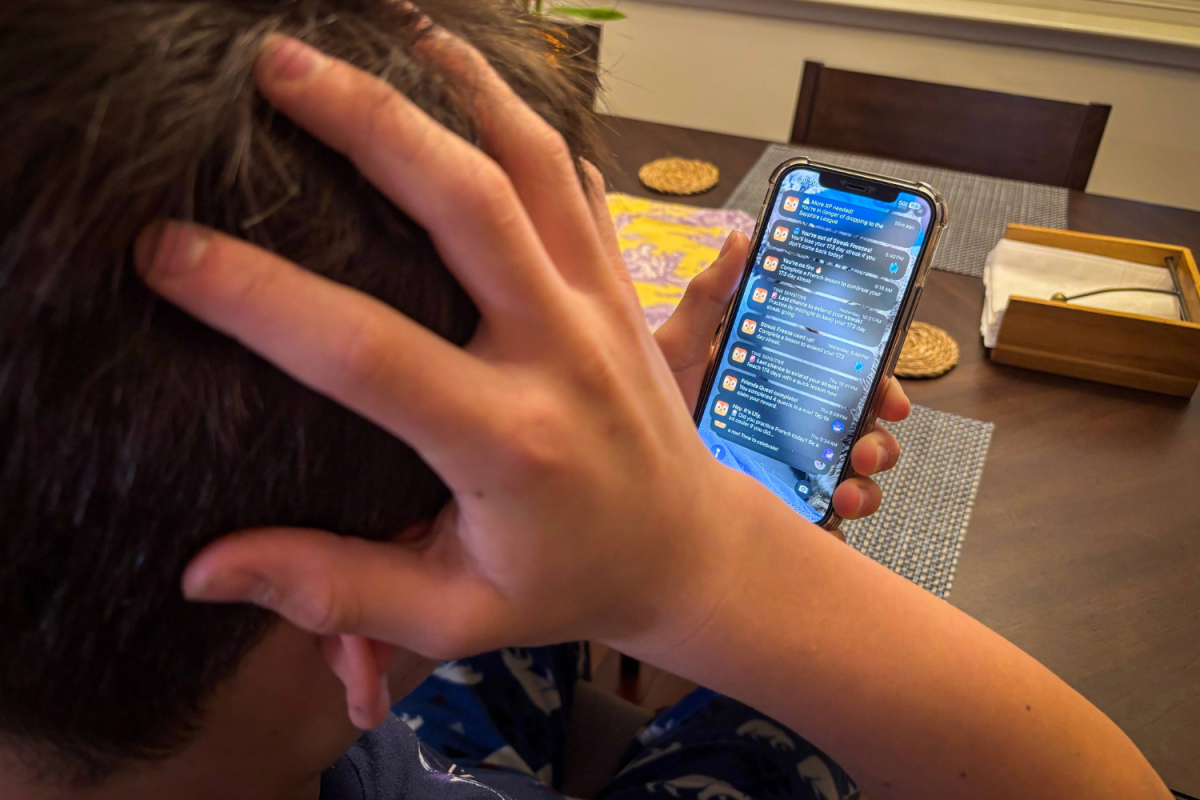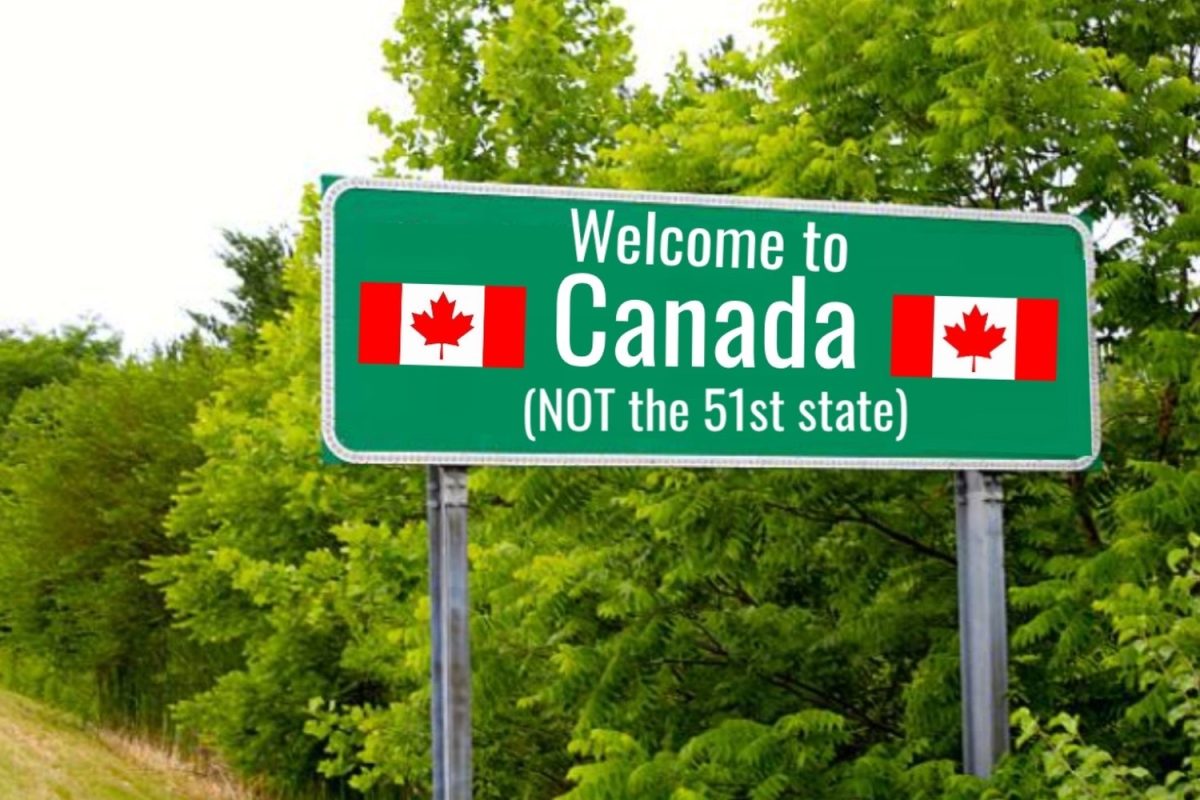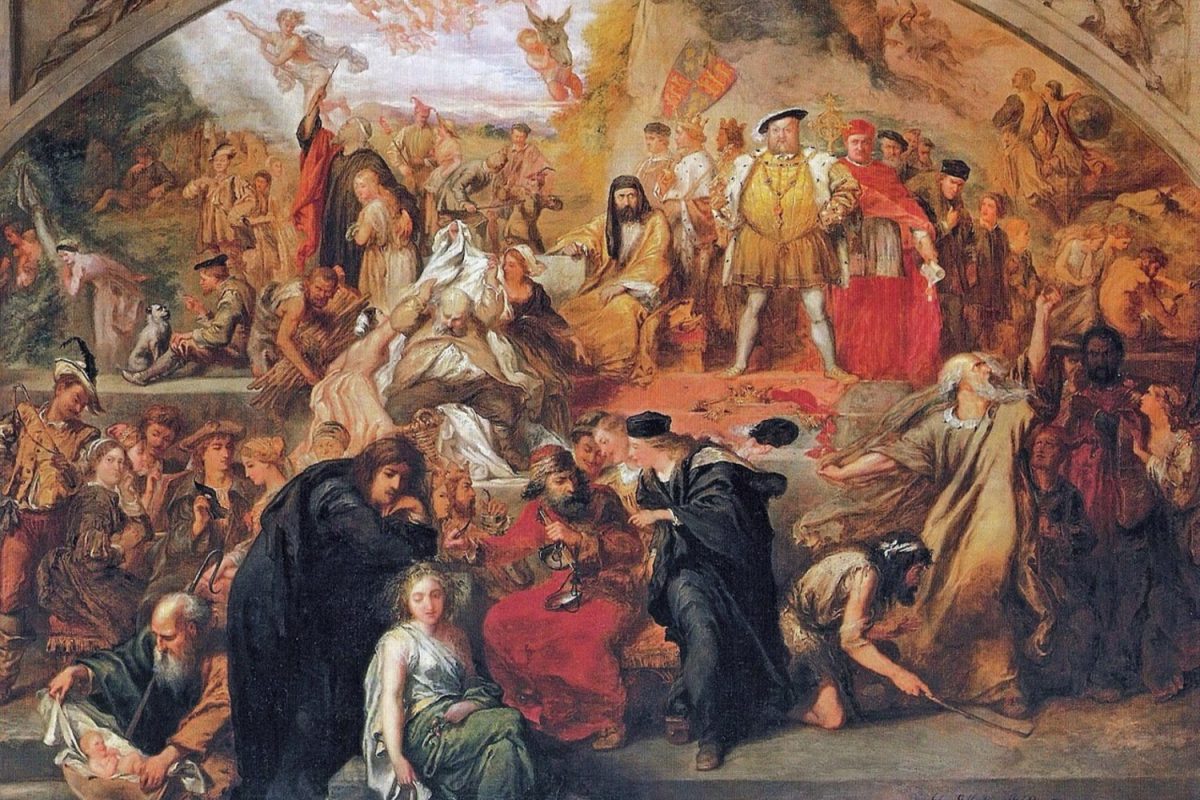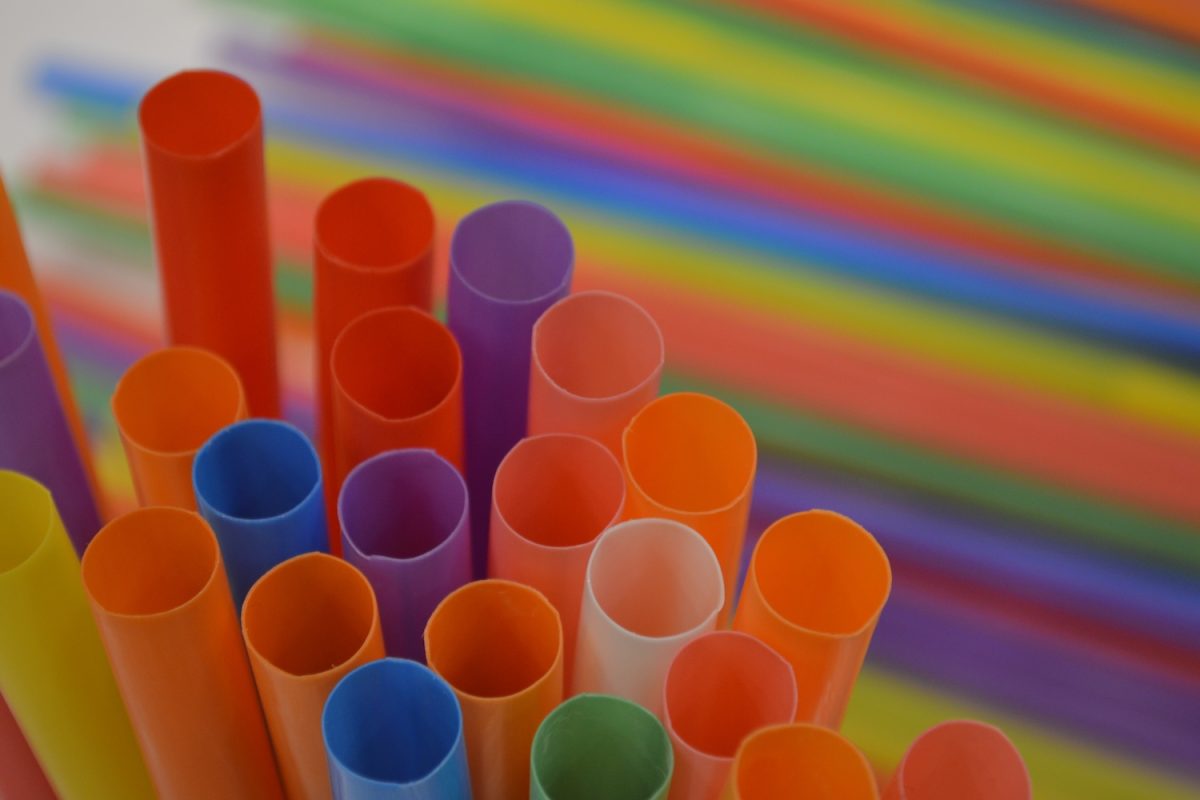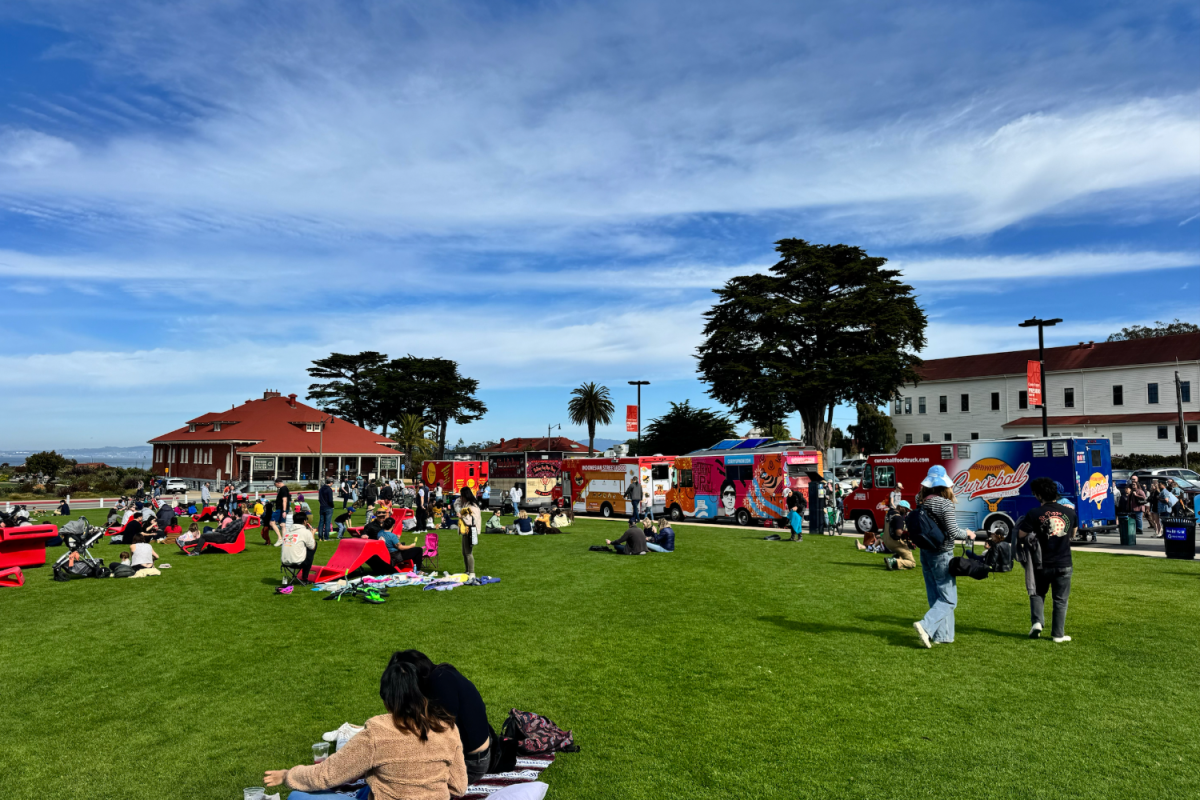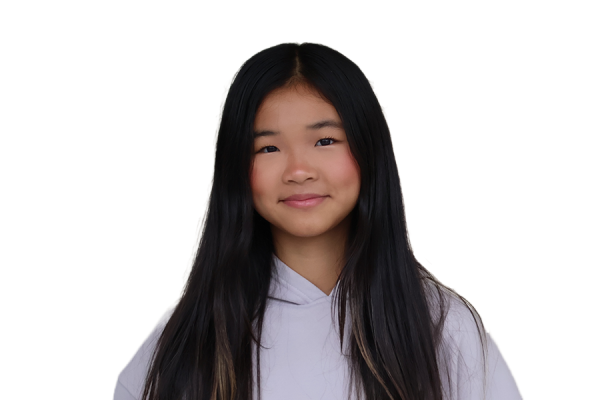Kylie Cosmetics, D’Amelio Footwear, and MrBeast Burger are all celebrity brands known for their subpar reputations and questionable quality, yet they still generate millions in revenue each year. In fact, most of these celebrity brands aren’t even run by our favorite stars themselves.
Take Kylie Jenner, for example, who launched her makeup brand Kylie Cosmetics in 2015 with lip kits that sold out in less than a minute, according to Top Hat.
While Jenner is a phenomenal woman who has drawn significant attention to herself through her appearance in the series “Keeping Up With the Kardashians,” she wouldn’t have been able to create Kylie Cosmetics without the help of her already famous and wealthy mother, Kris Jenner.
According to Shopify, Kris Jenner is the one who secured a partnership with the cosmetics manufacturer Seed Beauty so that 18-year-old Kylie Jenner could embark on her first entrepreneurial venture. Today, Kylie Jenner doesn’t even own the majority of her brand.
In 2019, she sold a 51% stake in Kylie Cosmetics to the beauty giant Coty for $600 million, leaving her with less than half the company, according to Forbes. Kylie Baby and Kylie Skin, the new product lines under Kylie Cosmetics, are mainly operated by Coty rather than the media personality herself.
It is understandable that celebrities like Kylie Jenner, whose fame comes from her family, would want to make a name for themselves.
Ironically, although her cosmetics have mixed reviews, Kylie Jenner can still be considered one of the celebrities who are more involved in their brands, as she regularly posts on social media and films commercials with her products.
The same cannot be said about Jimmy Donaldson, better known as the YouTuber MrBeast, whose massive fanbase drops over $100 million on his Feastable chocolate bars, MrBeast Burgers, and Lunchly snack kits each year, which are also endorsed by influencers Logan Paul and KSI.
However, when celebrities start brands solely for the sake of profit, quality suffers.
According to The New York Times, MrBeast Burgers started as a “ghost kitchen” model, where any restaurant with the resources and staff could sell and deliver burgers with MrBeast’s logo on it. However, the lack of Donaldson’s direct involvement in production severely impaired the quality of the burgers.
In 2023, he filed a lawsuit against MrBeast Burger’s partner, Virtual Dining Concepts, for tarnishing his reputation, as the virtual restaurant had received thousands of complaints and negative reviews online, according to CNN.
Of course, there are celebrities with high-quality brands, which comes as a result of their active involvement and contribution. Take Selena Gomez’s Rare Beauty. Known for its pigmented liquid blush, Rare Beauty has more than a 20% share in Sephora, which led it to generate $400 million in revenue in 2024, according to The Business of Fashion.
This doesn’t even compare to Rihanna’s Fenty Beauty. Known for its diverse range of matte foundations, Fenty Beauty made over $600 million in 2024, outperforming many non-celebrity-owned brands like NARS and Patrick Ta.
But would the success of Rare Beauty and Fenty Beauty be warranted without the existing fame of the two celebrity owners?
For recognizable names like Gomez and Rihanna, it doesn’t take much effort to garner popularity for new ventures.
Their products are intentionally marketed as high-end, exploiting the dedication of fans and followers who are willing to sacrifice their wages and salaries without hesitation. Just a mere 1.08-ounce bottle of Rihanna’s foundation costs a hefty $40. This takes opportunities away from smaller brands and businesses, which are then forced to lower prices to differentiate themselves.
Why should we buy from celebrities who are already rich? According to Money Nation, before launching Fenty Beauty, Rihanna already had a net worth of $300 million. Who needs more money than that?
This is not to say all celebrity brands are bad or unethical. Behind Fenty Beauty is a hardworking woman who overcame abuse and poverty to achieve the stardom she has today—who strives to promote inclusivity and diversity through her brand, which now dominates celebrity-founded cosmetics companies. But sometimes, this success comes at a cost.

